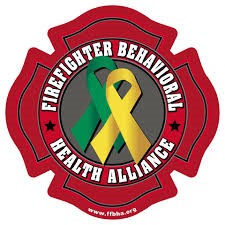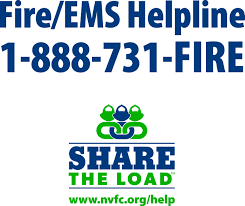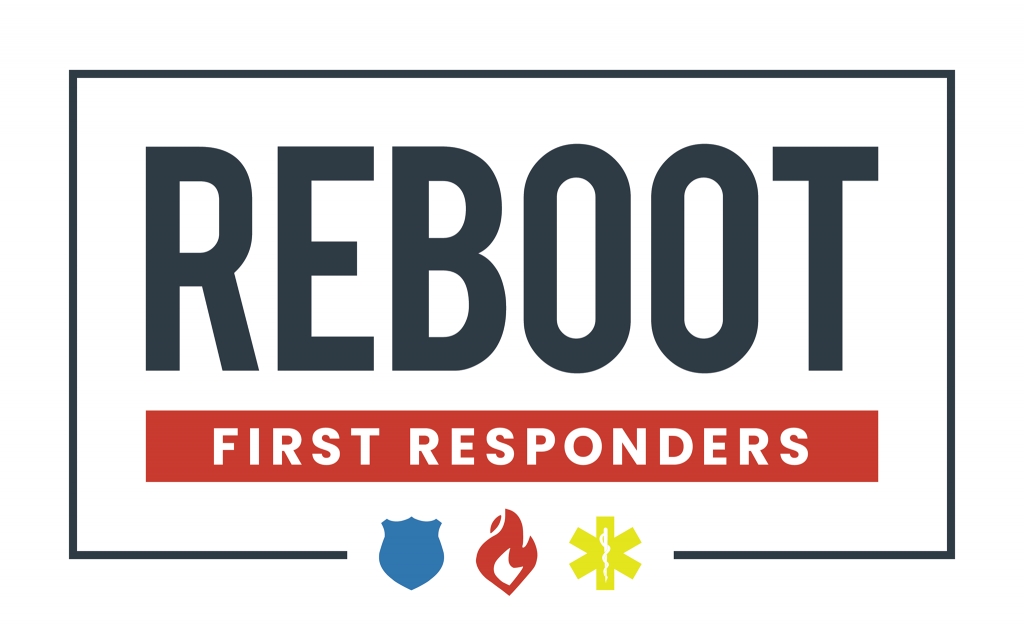Facing Your Challenges – Slaying Your Giants

Photo by Jukan Tateisi on Unsplash
In the movie Forrest Gump, Forrest said several times, “My mama always said ‘Life is like a box of chocolates. You never know what you’re going to get.'”
This is true; life is full of ups and downs, surprises, and challenges. These challenges can be anything; fear, failure, a sudden illness or disease, a family crisis, anxiety, despair, mental illness, addiction, loss of job or income, loss of spouse or family member, a financial load, suicidal thoughts, loneliness, marital troubles, etc. Suddenly and without warning, these challenges become your GIANT.
8 We are troubled on every side, yet not distressed; we are perplexed, but not in despair;
9 Persecuted, but not forsaken; cast down, but not destroyed;
2 Corinthians 4:8-9 KJV
The Cambridge Dictionary defines challenge (noun – Difficult Job) as:
- the situation of being faced with, something that needs great mental or physical effort in order to be done successfully and therefore tests a person’s ability
On top of the “normal” challenges in life, First Responders face demanding situations above and beyond the typical job. Loss of life, trauma, increased risk and exposure, and danger are everyday challenges faced. Because of this uniqueness, First Responders are exposed to many Mental Health issues. Substance abuse, depression, post-traumatic stress (PTS), and suicidal ideation are the common GIANT in the First Responder arena.
Constant exposure to traumatic events and life-threatening situations — and the stress of working long hours away from family members and under high-stakes conditions — can easily build up and take an enormous toll on mental health.[1]
- Police officers and firefighters are more likely to die by suicide than in the line of duty.[2]
- 85% of first responders have experienced symptoms related to mental health conditions.[3]
- Depression and PTSD are up to 5 times more common in first responders.[4]
These GIANTS don’t go away at the end of the shift; they linger. They may start as minor issues but left unaddressed, and over time they will become GIANTS. First Responders deal with many mental health issues. However, many will struggle with post-traumatic stress, anxiety, depression, and substance abuse.

Photo courtesy of Kaiser Permanente
Resiliency is a construct that empowers people to recover from life’s challenging events. It is a response to crisis and tragedy that allows you to move forward.
Developing resilience is a personal and challenging process. There is no uniform method for being more resilient; it requires a combination of inner qualities and external resources. Every individual is unique: While one person may experience despair or anxiety due to a stressful event, another may not experience any symptoms at all.
Resiliency is not a quick solution; it’s more like a marathon. It takes time, strength, people, and faith to get to the finish line. You may stumble along the way, but you will get there.
Stress, emotional upheaval, and suffering are all part of life for resilient people. Some may mistake mental toughness for resilience, but resilience also requires enduring emotional pain and suffering.
Resilience is not a personality trait. Resilience is a life skill that must be learned and practiced. The ability to bounce back, keep going, rebuild, forgive, and resuming the great, loving life God wants us to live.
For Christians, resilience is a biblical norm, and we can all learn from God’s journey to resiliency. It gives us mental, emotional, physical, and spiritual strength. People need to feel hopeful and worthwhile, and these God-given characteristics aid in our recovery and adaptation to the new normal.

Photo by Todd Trapani on Unsplash
WHAT IS A GIANT
“Giants aren’t something you made up in your head. Giants aren’t something you create out of thin air. Problems, stresses, hardships, and persecutions are instances of “giants” that we will come across in our life from time to time.
Giants frequently cause major issues in our lives, and in certain cases, life-threatening situations.
Anything that draws our attention away from God, diverts us from our service to God, or saps our enthusiasm for God is referred to as a “giant.”
Giants represent anything which is opposed to God!
The Bible tells us many stories of those who have been through a lot but have stayed true to God’s purpose for their lives. Proverbs 24:16 tells us: for though the righteous fall seven times, they rise again, but the wicked stumble when calamity strikes.
The believer in Jesus Christ is naturally resilient because God’s power supports them. 8 “We are hard-pressed on every side, but not crushed; perplexed, but not in despair; 9 persecuted, but not abandoned; struck down, but not destroyed” 2 Corinthians 4:8-9 NIV. The key to resiliency is faith and belief in Jesus Christ.
God does not leave us to develop resilience on our own, according to Scripture. When we walk with Him and trust Him, we may rely on Him for the strength we need. 9″ But he said to me, “My grace is sufficient for you, for my power is made perfect in weakness.” Therefore I will boast all the more gladly about my weaknesses, so that Christ’s power may rest on me. 10 That is why, for Christ’s sake, I delight in weaknesses, in insults, in hardships, in persecutions, in difficulties. For when I am weak, then I am strong.” 2 Corinthians 12:9-10
Whatever it is, bring your GIANT into the light of day. Don’t try to rationalize it. Make no more excuses. Accept that you will not be able to beat it by yourself.
Then, pray to God for guidance and strength, and go after it. Set limits for yourself and be accountable to others. Stay away from people or locations where you might be tempted. Do not allow that GIANT to resurface in your life.
Finally, have faith in God. This battle belongs to Him.
As First Responders, we took an oath to protect good and fight evil. Many have lost track of their priorities and have put the job first in their lives. If you are experiencing lower than usual sense of self-worth, depression or misplaced guilt, inability to specifically remember or talk about the trauma, feeling numb emotionally, dissociation (not aware of the present moment), a feeling of disconnection from their everyday lives, feeling hyper-aroused and vigilant for danger all the time, lashing out in irritability or unexplained anger, feeling jittery, or unable to concentrate on tasks at hand or other anxiety disorders, such as panic or intense distress, talk to someone and get help. Get back to the basics Put God First, Family Second, and the job further down in the order.
“Challenges are what make life interesting and overcoming them is what makes life meaningful.”― Joshua J. Marine
IF YOU HAVE THOUGHTS OF SUICIDE, GET HELP NOW
Law Enforcement Copline (800) 267-5463
Firefighters / Medics Fire/EMS HELPLINE (800) 731-FIRE (3473)
- Dr. Holly Kennedy-Hansen, “How employers can help first responders stay mentally and emotionally strong,” Kaiser-Permanente, Business, Posted: November 18, 2020, First Responder Mental Health and Wellness | Kaiser Permanente ↑
- Miriam Heyman, et al., “The Ruderman White Paper on Mental Health and Suicide of First Responders,” Ruderman Family Foundation, April 2018. ↑
- “University of Phoenix Survey Finds Majority of First Responders Have Experienced Symptoms Related to Mental Health Issues,” University of Phoenix press release, April 20, 2017. ↑
- See note 2. ↑









